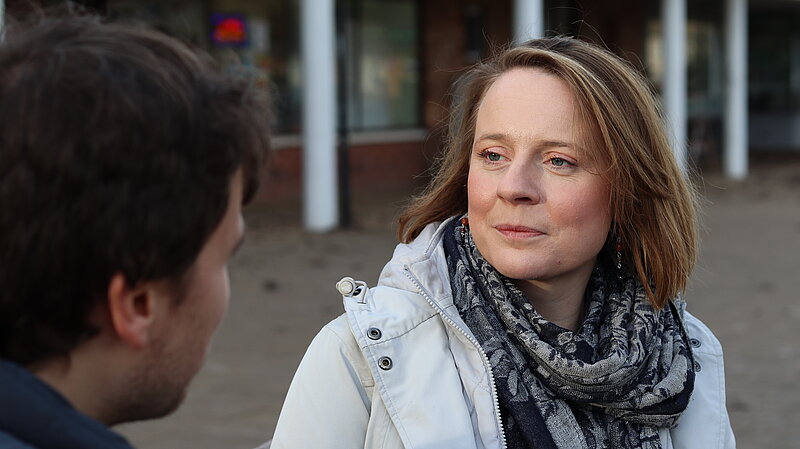NO NEED FOR ‘ANOTHER ORGANISATION’ TO DECIDE CITY’S FUTURE

"Cambridge doesn't need yet another organisation to decide its future” says Cheney Payne, the Lib Dems' Parliamentary Candidate for Cambridge, in response to the latest instalment of Michael Gove’s vision for Cambridge.
Michael Gove first announced his “half-baked” plans to turn Cambridge into the next Silicon Valley in July. Five months later, while there is some progress in dropping the number of homes to be built to 150,000 (another number presumably picked out of the sky), he announced his plans to make Cambridgeshire governance even more complicated by imposing a new “development corporation” from Westminster. The last thing Cambridge needs, as it wrestles with the complex problems of how and where to grow, is a new unaccountable body deciding its future.
Cambridge needs to grow if we are to have any chance of providing the homes we need for our young people and our key workers. However, this must be done carefully, with the sensitivities of the area in mind. Over the last few years, great care has been taken within the emerging Local Plan to outline how we will build 50,000 homes Cambridge is likely to need by 2040. Local leaders have asked the government repeatedly for the help we need to meet these targets, notably how we ensure the water supply needed and manage transport and infrastructure constraints.
Before they add yet another body no one really understands to make decisions for us, the government should help us first meet the ambitious housing targets already planned, so we can do more in the future in a way that will succeed.”
